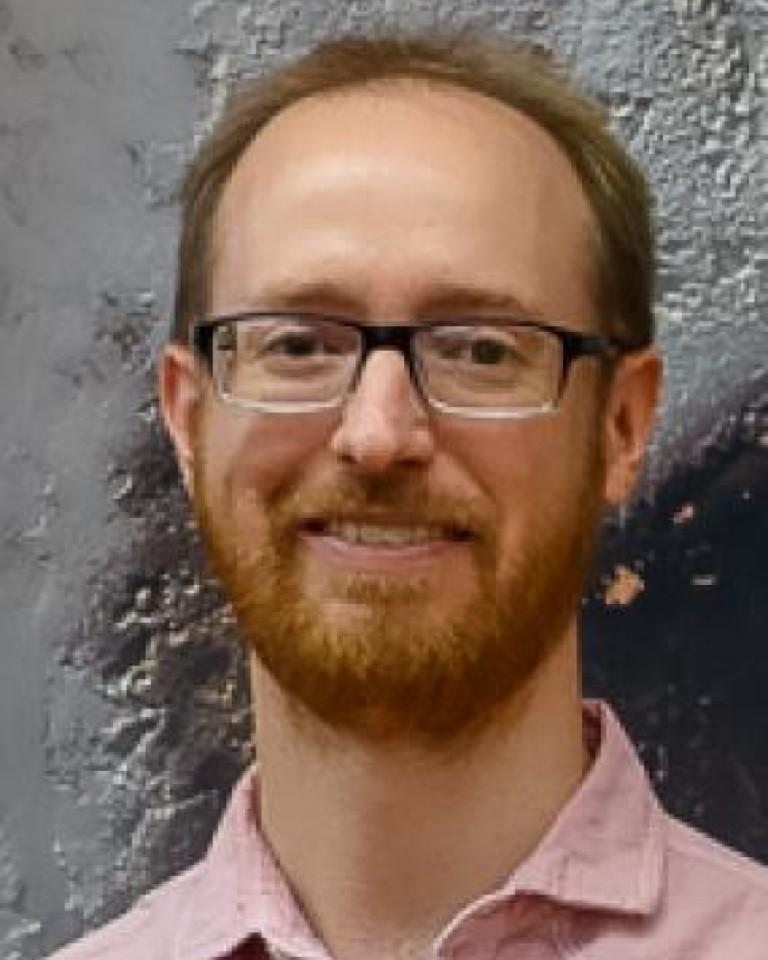Ian Crossfield

April 2022 Mentor Spotlight
Department: Physics & Astronomy
Describe your work in a few sentences that we can all understand: I discover and study new planets in other solar systems, as well as studying the stars that these planets are orbiting. We use a combination of ground-based astronomical observatories, space telescopes, and theoretical models to build as complete a picture as possible of these extrasolar planets. Long-term goals include gaining a better sense of how our own Solar System fits in with other planetary systems throughout our Milky Way Galaxy, as well as -- eventually! -- searching for signs of life beyond the Earth.
Questions:
Q: What does your research look like on a day-to-day basis? What do you spend most of your time doing?
A: My work involves a mix of conducting observations at observatories around the world, writing computer code to analyze the astronomical data that we acquire, and reading the latest scientific literature to keep abreast of new discoveries in the field.
Q: How did you first get interested in doing research or creative work?
A: I started my post-university career as an engineer at NASA's Jet Propulsion Laboratory. During my time there I was involved in the development of several new observatories designed to study other solar systems; eventually I realized that I would rather be using telescopes like these instead of just designing them for others to use. I haven't stopped since!
Q: What do students in your discipline learn by doing research that they wouldn’t learn by just taking classes?
A: Practical statistics, programming, and data analysis. How to write a compelling and persuasive scientific proposal. How to digest and critique peer-reviewed papers. Planning and conducting astronomical observations with the top observatories around (or out of!) the world.
Q: What do you find to be the most exciting part of doing research or creative work? What makes this line of work meaningful and interesting to you?
A: In this field, I still get a thrill knowing that I can regularly analyze a new data set from some observatory and realize that I'm the first human in all of history to know something new about the planet I'm studying -- it's size, it's mass, the composition of its atmosphere, and so on.
Q: How do you spend your time outside of work?
A: Outside of work I enjoy reading, hiking, board games, woodworking -- and when I can manage it, slipping in some extra research on the side.